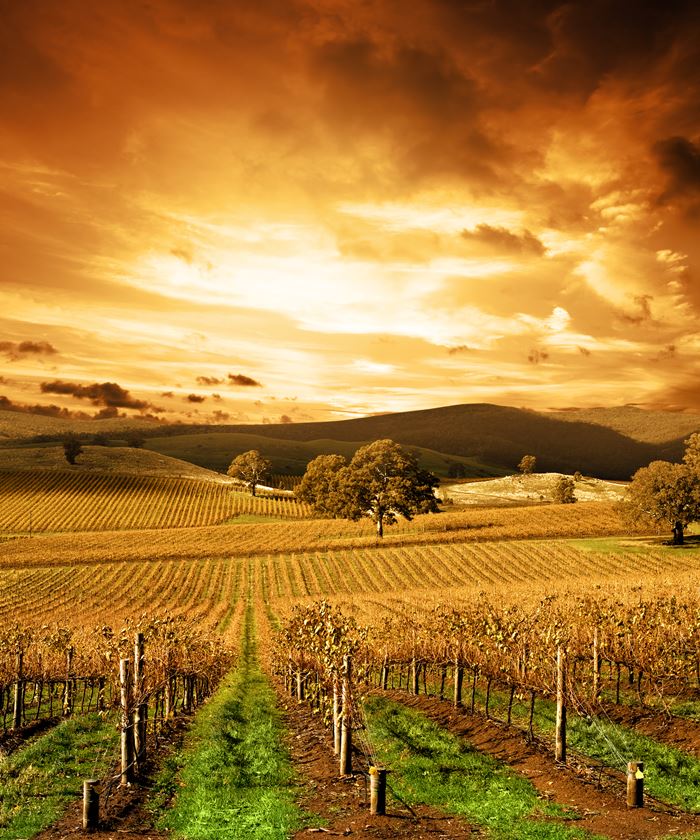What OIV defines as “Terroir”
Understanding “Terroir” with the International Organisation of Vine and Wine
2024-03-09

When we pop open a bottle of wine, we're not just indulging in a drink; we're embarking on a sensory journey that tells the story of its origin. This narrative isn't solely about grapes and their transformation into wine; it's deeply rooted in the concept of "terroir," a term that transcends the mere taste of wine to embody the essence of its birthplace. The notion of "terroir" has indeed revolutionized the way we understand and value wine, wrapping up the rich tapestry of climate, soil, topography, and viticultural practices in a single, evocative word that also resonates with the cultural identity of its region.
The International Organisation of Vine and Wine (OIV) has played a pivotal role in both conceptualizing and disseminating the term "terroir." As it celebrates its centenary, the OIV highlights twelve resolutions that have marked its journey, among which the definition of "terroir" stands out as a cornerstone. This definition, emerging from nearly a decade of discussions and consensus among experts, underscores the importance of the interplay between the physical-biological environment and the viticultural practices applied, endowing distinctive characteristics to the products originating from a specific area.
The International Symposium on "Terroir and Landscape," held in Bordeaux and Montpellier in 2006 under the auspices of the OIV, was a seminal event that contributed valuable insights towards crafting this definition. And then, on June 25, 2010, in Tbilisi, Georgia, the OIV General Assembly adopted RESOLUTION OIV/VITI 333/2010, officially enshrining the VITICULTURAL DEFINITION OF "TERROIR."
So, what does "terroir" truly encompass? According to Benjamin Bois, former president of the OIV's Viticulture Commission, the geographical origin is intimately linked to the quality of vine-derived products, especially wine. This bond between place and the flavor profile of agricultural products, likely tracing back to antiquity, was formalized in the notion of "terroir." The term doesn't just cover natural factors like soil, climate, and the biological environment; it also includes the specific cultivation and vinification practices of a region, collectively resulting in grapes and wines with unique characteristics, deeply rooted in their place of origin.
Peter Hayes, honorary president of the OIV, emphasizes the importance of the OIV's reference on "terroir." By establishing a clear global reference for this complex and widely used term, the OIV has significantly contributed to the promotion and marketing of wine, as well as to the formulation of policies and industrial practices, including appellations of origin. The widespread acceptance and consistency in the use of the term "terroir" highlight the ongoing need for education and explanation of this concept, given its significance for a broad range of stakeholders in the viticultural sector.
This journey through the definition of "terroir" not only allows us to appreciate the complexity behind wine production but also reminds us of the invaluable value of collective knowledge and tradition. In savoring a wine, we are not merely enjoying a product; we are experiencing the deepest expression of a place, its culture, and the passion of those who dedicate their lives to perfecting this art. The OIV's resolution on "terroir" is, therefore, much more than a technical definition; it is a tribute to the identity and diversity of the wine world.
Founded in 2007, Vinetur® is a registered trademark of VGSC S.L. with a long history in the wine industry.
VGSC, S.L. with VAT number B70255591 is a spanish company legally registered in the Commercial Register of the city of Santiago de Compostela, with registration number: Bulletin 181, Reference 356049 in Volume 13, Page 107, Section 6, Sheet 45028, Entry 2.
Email: [email protected]
Headquarters and offices located in Vilagarcia de Arousa, Spain.